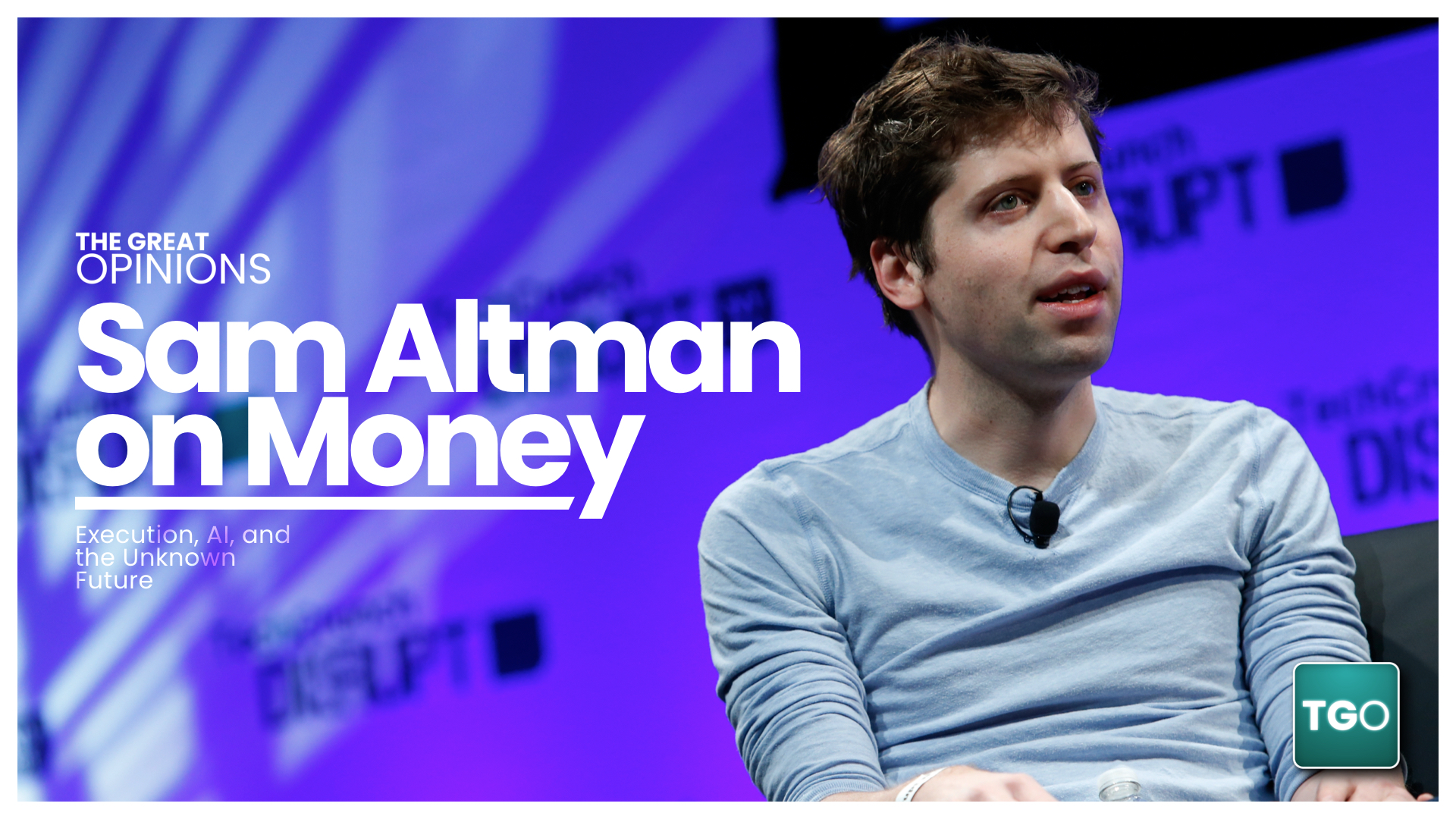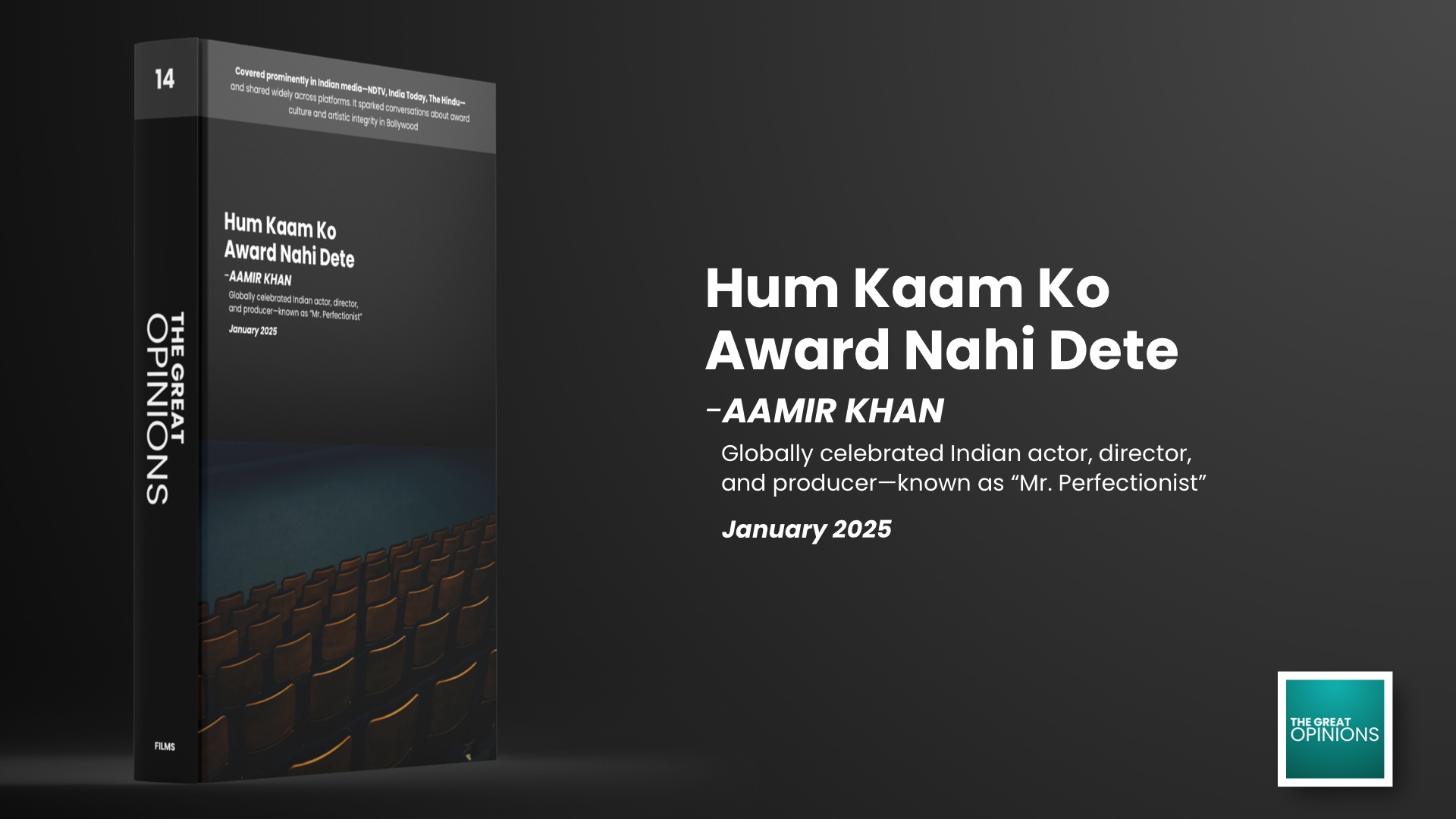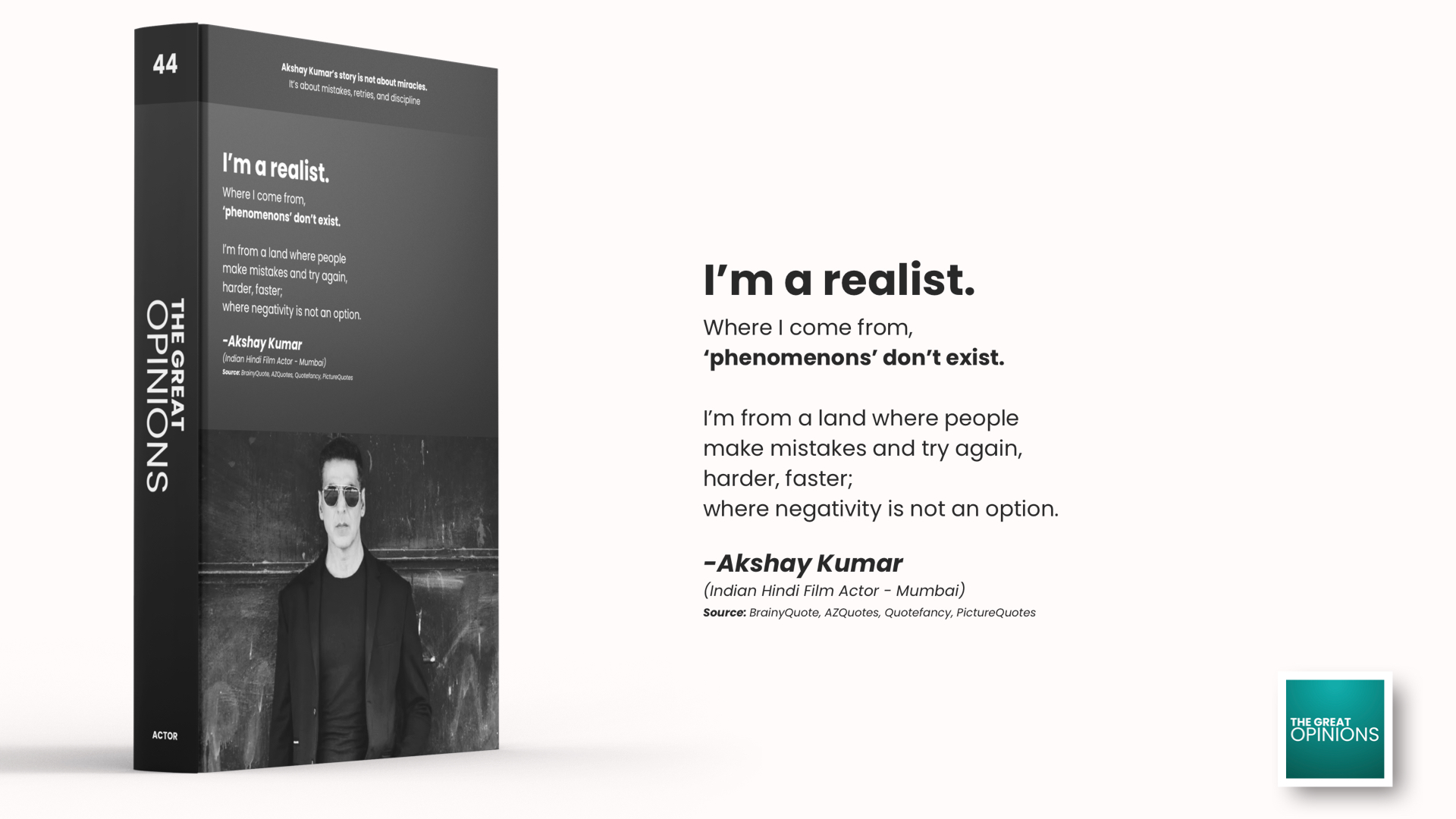National Film Awards 2022: When Aamir Khan Said Hum Kaam Ko Award Nahi Dete
Legacy Over Trophies: Why Aamir Khan Doesn’t Chase Awards
In 2001, at the prestigious Filmfare Awards, Aamir Khan made a statement that would define his career and philosophy: “Hum kaam ko award nahi dete, kaam hi humein award deta hai.”
Unlike many Bollywood stars of the 90s who embraced the spotlight, Aamir Khan quietly distanced himself from award functions, letting his work in blockbuster films speak louder than trophies. His 90s hit movies and timeless roles across the 80s and 90s, including his first unforgettable collaboration with Juhi Chawla, had already cemented his place among legends.
Today, his journey—from an Aamir Khan 80s movies debut to an icon known for his 90s look and artistic integrity—continues to inspire millions.
| Chapter | Details |
| 1. The Moment the Quote Was Spoken | During the 2022 National Film Awards ceremony in Delhi, Aamir Khan paused from presenting, looked at his fellow nominees, and said in Hindi, “Hum Kaam Ko Award Nahi Dete” (“We don’t give awards for work”). The line struck a chord, highlighting his belief in purpose over recognition. |
| 2. Who Is Aamir Khan? | Globally celebrated Indian actor, director, and producer—known as “Mr. Perfectionist”. From 80s movies to 90s hit movies like Raja Hindustani and Ghulam, his career spans decades with depth in performance. |
| 3. His Early Journey: Growing Up & First Films | Born in 1965, he started as a child actor in Yaadon Ki Baaraat and gained recognition in commercials. His first leading role was opposite Juhi Chawla in Qayamat Se Qayamat Tak (1988), also known as Aamir Khan Juhi Chawla first movie. |
| 4. Rising Star – The 90s & 80s Legacy | In the late 80s and early 90s, movies such as Dil, Hum Hain Rahi Pyar Ke, Raja Hindustani, and Rangeela cemented his position. His distinctive 90s look, complete dedication to roles, and commitment to quality set him apart. |
| 5. Career Peak & Content-Driven Path | Films like Lagaan, Rang De Basanti, and Taare Zameen Par shifted the narrative: Aamir was not seeking awards, but meaning. He redefined Indian cinema by choosing projects with social purpose. |
| 6. The Philosophy Behind “Hum Kaam Ko Award Nahi Dete” | At the award show, he paused and reflected: “I don’t believe in working for trophies. My aim is to move people.” It echoed his lifelong creed—meaningful work over accolades. |
| 7. Looking Ahead – New Projects & Legacy | As of 2025, Aamir Khan is balancing selective performances with directorial, production, and social impact ventures. His legacy continues as he mentors younger artists to put art and message first. |
| 8. Why This Quote Resonates | In an era focused on fame and viral moments, Aamir’s words remind creatives to focus on craft. The message resonates especially with fans of Aamir Khan 90s hit movies, generations inspired by his journey. |
| 9. Published By & Impact | Covered prominently in Indian media—NDTV, India Today, The Hindu—and shared widely across platforms. It sparked conversations about award culture and artistic integrity in Bollywood. |
Chapter 1: The Moment the Quote Was Spoken
In February 2022, during the National Film Awards ceremony held in New Delhi, Aamir Khan stood at the podium amid a gathering of Bollywood’s finest. Cameras flashed, anticipation filled the air, and yet, instead of basking in applause, he paused. In a voice steady with conviction, he spoke:
“Hum Kaam Ko Award Nahi Dete.”
The room fell silent for a heartbeat before erupting into thoughtful applause. In those few words, Aamir summed up his lifelong belief—that the craft, not the trophy, must be the focus.
Chapter 2: Who Is Aamir Khan?
Aamir Khan, often called “Mr. Perfectionist,” is one of Indian cinema’s most respected actors, directors, and producers. From his early 80s movies to his era-defining 90s hit movies, Khan redefined stardom with his quiet yet powerful performances.
Chapter 3: Early Career – The Formative Years
Born in 1965 into a film family, Aamir began his acting journey as a child in Yaadon Ki Baaraat. His first major break came in 1988, starring alongside Juhi Chawla in Aamir Khan Juhi Chawla first movie, Qayamat Se Qayamat Tak. The film not only launched his career but also revived the Bollywood romance genre.
Chapter 4: Defining the 90s and the 80s Legacy
The late 80s and 90s were transformative for Aamir. Films like Dil, Hum Hain Rahi Pyar Ke, and Raja Hindustani became part of the Aamir Khan 90s hit movies legacy. His charming boy-next-door persona, combined with a distinct 90s look, captured the imagination of a generation.
Chapter 5: The Shift from Star to Storyteller
Unlike many contemporaries, Aamir evolved from simply acting in films to creating them. With Lagaan, Taare Zameen Par, and Rang De Basanti, he shifted Bollywood’s narrative focus—from glamorizing heroes to questioning societal norms. Awards followed, but he remained indifferent to them.
Chapter 6: The Philosophy Behind “Hum Kaam Ko Award Nahi Dete”
At the awards ceremony, Aamir didn’t dismiss recognition. He questioned the intention behind work. “A trophy is gratifying,” he later explained in an interview, “but if that’s why you’re working, you’ve already lost your way.”
Chapter 7: His Ongoing Legacy in 2025
As of 2025, Aamir Khan remains highly selective. While others rush to announce projects, he quietly nurtures content-driven cinema. Whether producing independent films or mentoring young directors, his work remains rooted in authenticity.
Chapter 8: Why the Quote Resonates
In an era of viral fame and box-office races, Aamir’s words remind artists to focus on substance over spectacle. Fans of Aamir Khan 90s hit movies and 80s movies continue to cite him as a beacon of thoughtful artistry.
Chapter 9: Published By & Impact
Aamir’s quote was widely covered by NDTV, The Hindu, and India Today. Film students, critics, and fans debated its meaning, making it one of the most discussed lines from an Indian awards show in recent years.

It was a cool February evening in 2022. The National Film Awards, with its grand chandeliers and curated applause, was expected to celebrate yet another year of glitz. But when Aamir Khan walked onto the stage, his presence silenced the glamour. His voice, calm and grounded, carried words that would echo far beyond the auditorium:
“Hum Kaam Ko Award Nahi Dete.”
It wasn’t a line prepared for headlines; it was a principle forged over four decades in cinema. To understand this moment, you have to rewind to a young boy who once sat on the dusty floor of Mehboob Studios, watching his uncle Nasir Hussain direct iconic 80s movies. That boy was not dreaming of awards—he was marveling at the magic of storytelling.
The First Break: A Quiet Revolution Begins
- Qayamat Se Qayamat Tak. Aamir Khan, opposite Juhi Chawla in what would become one of Bollywood’s most iconic love stories. This was Aamir Khan Juhi Chawla first movie. At the success party, when a journalist asked if he saw himself as the next superstar, Aamir simply said, “If people feel something when they watch, that’s enough for me.” That humility became his trademark.
The 90s: Where Stardom Met Simplicity
The 90s gave us Aamir Khan 90s hit movies like Dil, Jo Jeeta Wohi Sikandar, Hum Hain Rahi Pyar Ke, and Raja Hindustani. His 90s look—the side-parted hair, the expressive eyes, the subtle smile—became the face of relatable romance. But even as the media crowned him the poster boy of the decade, Aamir sought more.
Late Nights and Doubts: The Shift to Stories That Matter
Few knew that in the late 90s, Aamir began turning down scripts. Sitting on his balcony at midnight, he wondered aloud to friends, “How many love stories can one man tell? When will we talk about the stories that need telling?” It was this restlessness that led to Lagaan, a film most producers called career suicide. Yet, it made history.
The 2000s: Purpose Over Popularity
With Rang De Basanti, Aamir became more than a star; he became a catalyst. Taare Zameen Par wasn’t just a film—it was a movement that redefined how parents, teachers, and a nation viewed learning disabilities. For Aamir, box office numbers were incidental. What mattered was that a father somewhere hugged his child a little tighter after watching the film.
The Refusal of Awards: A Quiet Protest
By the 2010s, Aamir famously stopped attending award shows altogether. In interviews, when asked why, he smiled gently: “I don’t work for validation. My reward is the audience’s silence after a powerful scene.”
That Night in 2022: Full Circle
So in 2022, when he stood before an industry still obsessed with trophies, his quote was not defiance but clarity. “Hum Kaam Ko Award Nahi Dete,” he said, reminding a room of creators that their first audience was their own conscience.
The Legacy of 2025 and Beyond
Today in 2025, while younger actors chase viral trends, Aamir reads scripts quietly in his study, still in pursuit of stories that stir the soul(The Latest movie- Sitare Zameen Par). He mentors indie filmmakers, encouraging them to watch the world with empathy. His rare public appearances spark conversations, not controversies.
Meanwhile, fans continue to rediscover his 80s movies, marvel at the charm of his 90s look, and debate whether Jo Jeeta Wohi Sikandar or Rang De Basanti shaped modern Bollywood more.
A Lasting Impact
Ultimately, his story is one of quiet rebellion. He chose the harder path—one where art mattered more than applause. And in doing so, he didn’t just build a career; he built a legacy.
Somewhere tonight, in a film school or a suburban theatre, an aspiring filmmaker will play his speech and whisper to themselves, “Hum bhi kaam ko award nahi denge.”

Source:
- Bollymoviereviewz – “Aamir Khan Movies List & India Box Office Collection 1988-2025 Records & Analysis ( Hit ya Flop )”
- Times Of India – “https://timesofindia.indiatimes.com/entertainment/hindi/web-stories/aamir-khans-movies-from-the-90s-that-are-still-gems/photostory/121185957.cms”
- The Pioneer – “Aamir Khan, Mansoor Khan recall making “Qayamat Se Qayamat Tak”, want to team up for another movie”
- rediff – “Have You Watched These Aamir Khan Films?”
- Bollywood Bubble – “Aamir Khan Shares How Qayamat Se Qayamat Tak Success Led To Career Confusion And Setbacks, Says, “The Media Dubbed Me A ‘One-film Wonder’””
- msn – “Did you know Aamir Khan has not one or two but four National Awards in his name? Deets inside”
- msn – “‘Hum Kaam Ko Award Nahi Dete’ Aamir Khan Finally Reveals Why He Doesn’t Attend Award Shows”
Useful Page Links:
Aamir Khan , Filmfare Awards, Juhi Chawla , Raja Hindustani , Ghulam, Yaadon Ki Baaraat , Qayamat Se Qayamat Tak , Dil, Hum Hain Rahi Pyar Ke, Rangeela , Lagaan, Rang De Basanti, Taare Zameen Par , NDTV, India Today, The Hindu, gratifying, beacon .







